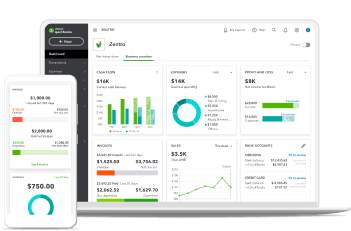In Malaysia, there are different rules and procedures for tax registration, payments and applicable exemptions, depending on whether the tax registration is done by an individual, a company or an employer.
An individual may register for a Tax Identification Number (TIN) electronically through the government’s My Tax Portal. However, individual citizens and permanent residents aged 18 and above are automatically registered through data obtained from the National Registration Department.
Companies, limited liability partnerships, trust bodies and cooperative societies are required to furnish the Income Tax Return Form (ITRF) (including Form E). In line with the digitalization of the tax service, the use of electronic services (e-Services) has been mandated with effect from 1 September 2023.
The taxation system is administered by one of the main revenue collecting agencies of the Ministry of Finance Malaysia, the Inland Revenue Board of Malaysia (IRBM) (Lembaga Hasil Dalam Negeri Malaysia).
The Income Tax Act 1967 provides guidance and support in the form of income tax tables for individuals and businesses. Taxpayers must familiarize themselves with these tax tables and the corresponding tax brackets and tax rates, for effective tax planning and to remain compliant with Malaysian tax laws.
Here you will learn about:
- Headline Tax Rates
- Personal Income Tax (PIT) rates
- Employee Provident Fund (EPF) contributions
- Real Property Gains Tax (RPGT) rates for individuals
- Corporate Income Tax (CIT) rates
- Implementation of Global Minimum Tax (GMT)
- Real Property Gains Tax (RPGT) rates for corporations
- Capital Gains Tax (CGT) rates for corporations
- Withholding tax rates for residents and non-residents
- Goods and Services Tax (GST) rates
